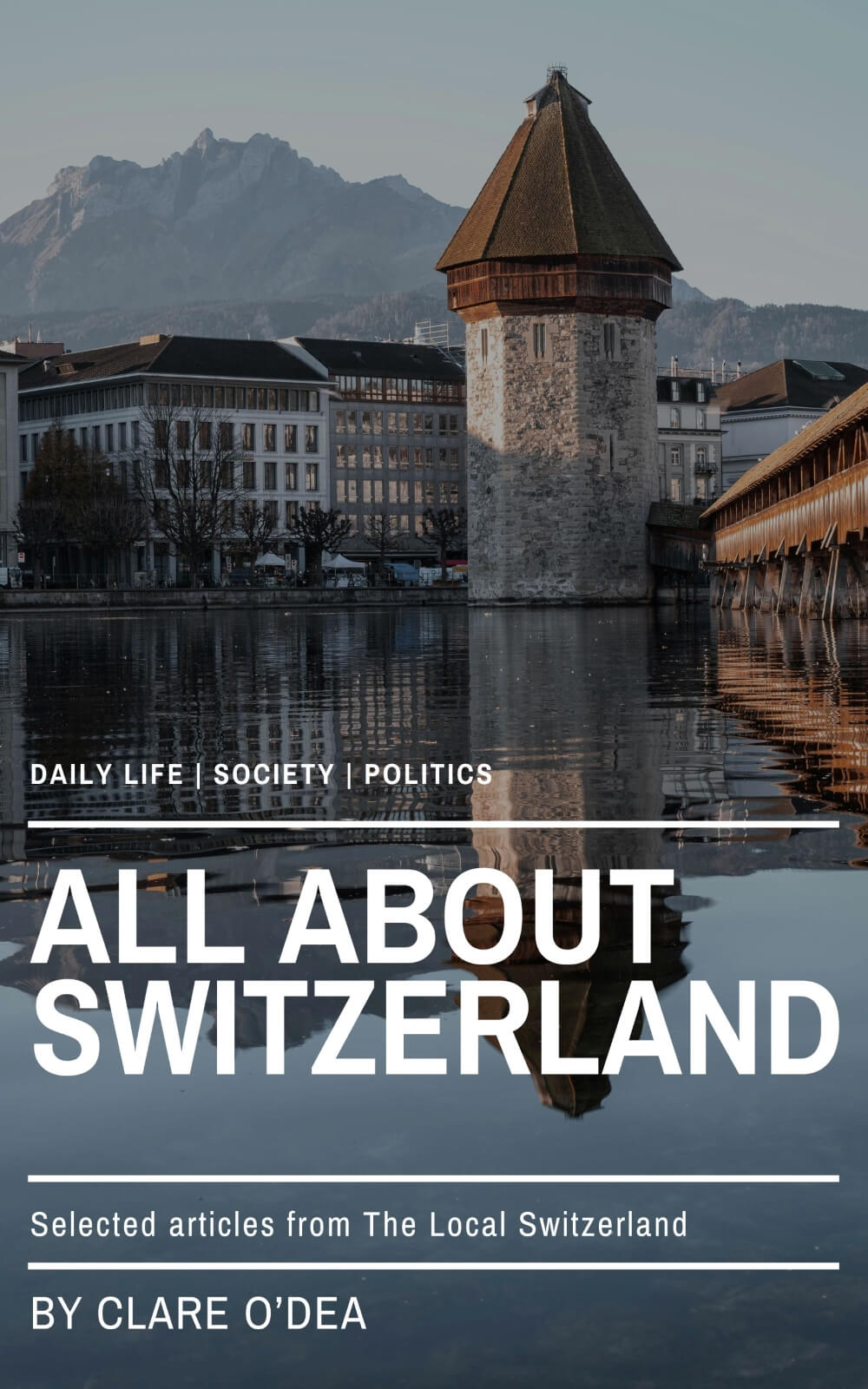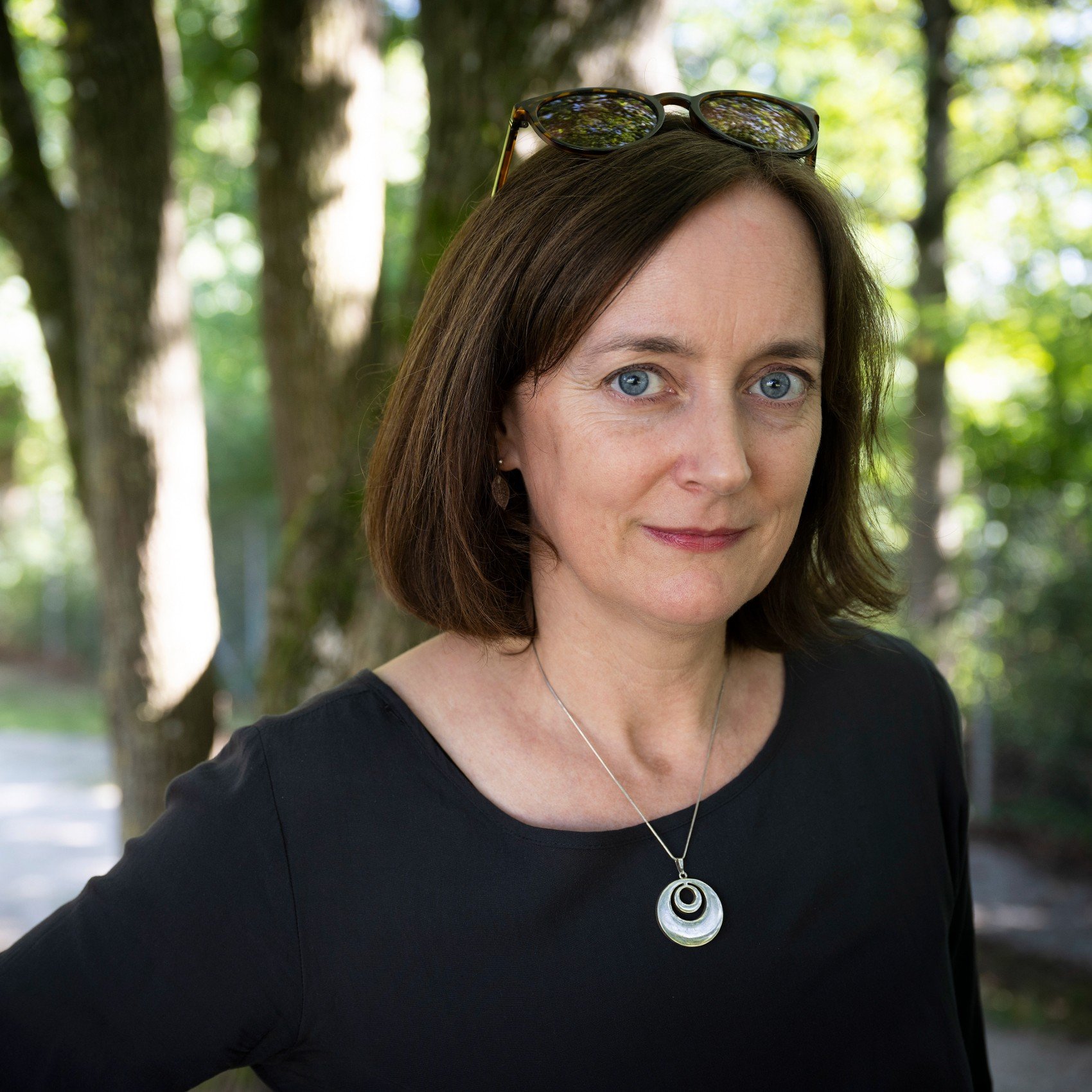For years, many myths and half-truths have been circulating about Swiss banks, almost always involving sinister, tight-lipped bankers, anonymous accounts, and money (or gold, or looted artworks) stashed in underground vaults.
It is important to separate truth from fiction.
For instance, you may have heard that Swiss banks have various restrictive rules in place to keep foreign nationals away. Actually, in some cases this is true — read more about this below.
Generally speaking, banks need and want as many clients as possible, which makes perfect business sense, so it would not be to their advantage to turn people away for no reason. And there are no laws forbidding these institutions to deal with foreign nationals, especially those living or working in Switzerland.
This means that legal foreign residents and cross-border workers alike can, in principle, open accounts to deposit their wages, pay their bills, and conduct other banking transactions.
In fact, the vast majority of foreign residents have had no problem opening and maintaining bank accounts in Switzerland.
However, private entities like banks are not legally bound to accept each and every client, and are free to decide who to deal with, or not. (The only bank that can’t cherry pick-clients is PostFinance, which belongs to the Swiss government and, as a public institution, must be all-inclusive).
These are some of the reasons banks have used for turning down a foreign customer:
Wrong passport
While most foreigners will have no problem opening an account, US citizens will tell you otherwise.
For them, opening an account is a major hassle because few banks will welcome them with open arms.
Blame it on the heavy-handed FATCA regulations that are part of a wider US effort to combat tax evasion. To that end, the American government had created a myriad of requirements for other nations’ banks to follow to ensure that no foreign account belonging to an American goes unreported to Uncle Sam.
As a result of the additional administrative tasks involved in managing accounts belonging to American clients, banks see US citizens as a liability rather than asset, both literally and figuratively speaking.
This ‘exclusion’ is a serious problem for Americans in Switzerland.
“I’ve been ‘bank shopping’ here since I arrived eight months ago, but nobody wants to open an account for me once they find out I am American,” Terry, who is married to a French citizen and lives in the suburbs of Geneva, told The Local.
READ ALSO: Why are Americans being turned away from Swiss banks?
Unclear origin of money
If you are depositing the equivalent of 10,000 francs or more, Swiss anti-money-laundering regulations require you to provide proof regarding the origin of the funds. This is to ensure they don’t come from illicit sources, such as criminal activity.
If you can’t prove that the money you are transferring from your bank abroad is legit, then the bank has the right to refuse to deal with you.
You don’t have all the required documents
Just as banks must verify the origin of your money, they are also obligated to identify their customers (which only goes to prove that ‘anonymous’ accounts are a myth nowadays).
To do this, banks require a valid identification document, such as your passport or ID card, as well as proof of address. Just bringing in your residence permit is not enough, as not all Swiss permits are acceptable as official IDs.
So if you don’t have the necessary paperwork, the bank will not open an account for you.
Where can you file a complaint?
If you believe you have fulfilled all the criteria for opening an account but the bank refuses to do so, you can submit a complaint to the Swiss Banking Ombudsman, who will act as a mediation authority between you and the financial institution.
Before you contact this office, see whether your query is addressed on this FAQ page.





 Please whitelist us to continue reading.
Please whitelist us to continue reading.
Member comments